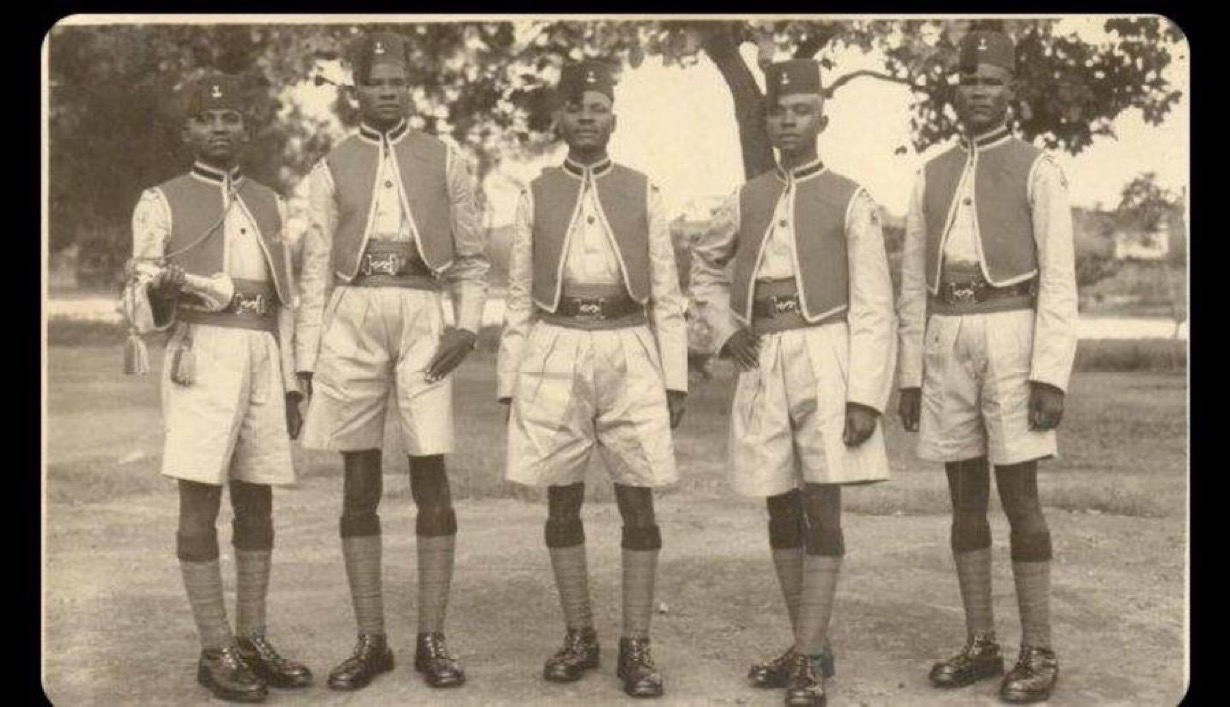On April 1, 1930, a pivotal chapter was written in Nigeria's history with the formation of the Nigeria Police Force (NPF). This unification marked the consolidation of various regional police entities into a singular national body, tasked with upholding law and order across the nation. As we observe this significant anniversary, it's essential to delve into the origins, evolution, and current role of the NPF in safeguarding Nigeria's sovereignty and citizenry.
Origins and Formation
The roots of policing in Nigeria trace back to the colonial era, characterized by the establishment of several regional constabularies:
Hausa Constabulary (1879): A 1,200-member paramilitary force formed to serve in the northern territories.
Lagos Police (1896): Established to maintain order within the Lagos Colony.
Niger Coast Constabulary (1894): Created in Calabar under the Niger Coast Protectorate to enforce colonial directives.
Royal Niger Company Constabulary (1888): Set up with headquarters in Lokoja to protect the interests of the Royal Niger Company.
These disparate units operated independently until the amalgamation of Nigeria's northern and southern protectorates in 1914, which set the stage for a unified policing system. This vision materialized on April 1, 1930, with the merger of the northern and southern regional police forces, giving birth to the NPF as the nation's first national police organization.
Evolution Through the Decades
In its early years, the NPF coexisted with local administration police forces in various regions, such as the Native Authorities in Northern Nigeria. The primary role during the colonial era was to suppress indigenous resistance and maintain colonial order.
Post-independence, the NPF underwent significant transformations to align with the needs of a sovereign nation. In the 1960s, the force was nationalized, centralizing command and expanding its responsibilities to include internal security, support for immigration and customs services, and participation in military duties as required.
A notable reorganization occurred in 1986, restructuring the NPF into seven area commands to enhance operational efficiency. This period also saw the establishment of specialized units and directorates focusing on criminal investigations, logistics, training, and operations.
Modern-Day NPF
Today, the Nigeria Police Force stands as the principal law enforcement agency in the country, with a staff strength exceeding 370,000 officers deployed across 36 state commands and the Federal Capital Territory. The NPF operates under the leadership of the Inspector-General of Police, overseeing various departments dedicated to maintaining peace, combating crime, and ensuring the safety of all Nigerians.
Challenges and Reforms
Despite its critical role, the NPF has faced challenges, including issues of corruption, inadequate resources, and public mistrust. Efforts to address these concerns have led to several reforms aimed at enhancing professionalism, accountability, and community relations within the force. The enactment of the Nigeria Police Act of 2020 is a testament to ongoing initiatives to restructure and modernize the NPF to better serve the nation's needs.
As we commemorate the anniversary of the Nigeria Police Force's establishment, it's an opportune moment to reflect on its storied past, acknowledge the strides made, and recognize the continuous efforts required to build a more effective and trusted institution. The NPF's journey mirrors Nigeria's own evolution, embodying the resilience and commitment necessary to navigate the complexities of law enforcement in a diverse and dynamic society.
Keywords: Nigeria Police Force history, NPF establishment, evolution of Nigerian policing, challenges and reforms in NPF, Nigeria law enforcement development



















0 Comments